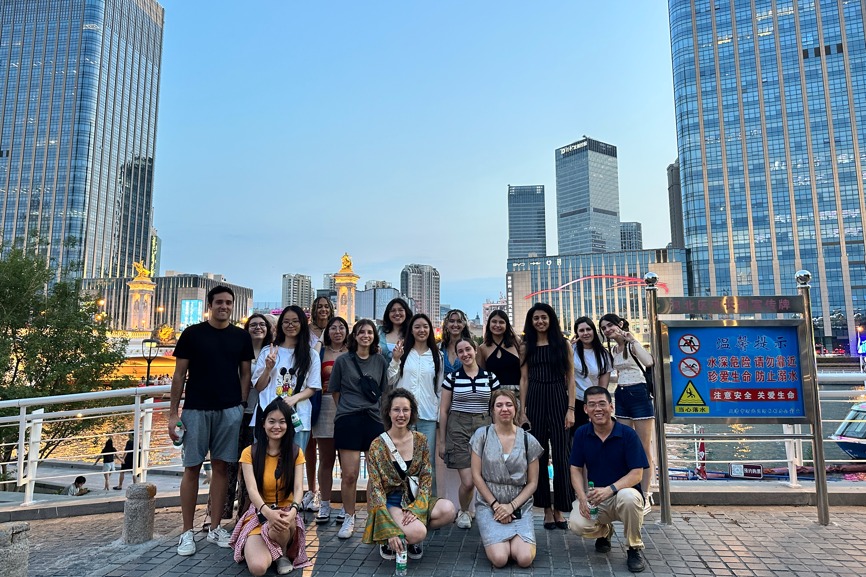Philippines sees GBA, RCEP as sound bets

Describing the 15-member-nation Regional Comprehensive Economic Partnership as a "game changer" for the Philippines, Alferez said joining the world's largest free-trade agreement will translate into an additional 1 percent in the country's GDP growth and will likely reduce poverty by roughly 5 percent by 2030, citing economic studies.
A major benefit of the RCEP to the Philippines is that "it will keep us in the regional and the global supply chain", enabling its small and medium-sized enterprises to enjoy more trade facilitation policies and enhance their global competitiveness, he said, adding that the RCEP free-trade agreement accounts for 51 percent of the nation's exports, around 68 percent of its imports and 58 percent of its foreign direct investment.
The Philippines has yet to ratify the RCEP, which came into effect on Jan 1. "Given the strong support from our policymakers, the business community and academia, I think we can expect our Senate to finally provide the concurrence to complete the process of ratification in the first quarter of this year, hopefully, before the upcoming national elections in May," he said.
- 1 dead, 13 missing after midsize bus goes missing in north China
- Five dead in landslide in Southwest China
- Nation boosts global AI governance
- Former nuclear base keeps pioneering spirit alive
- China activates emergency response for flood control in Beijing
- China expands low-orbit internet network with new launch




































